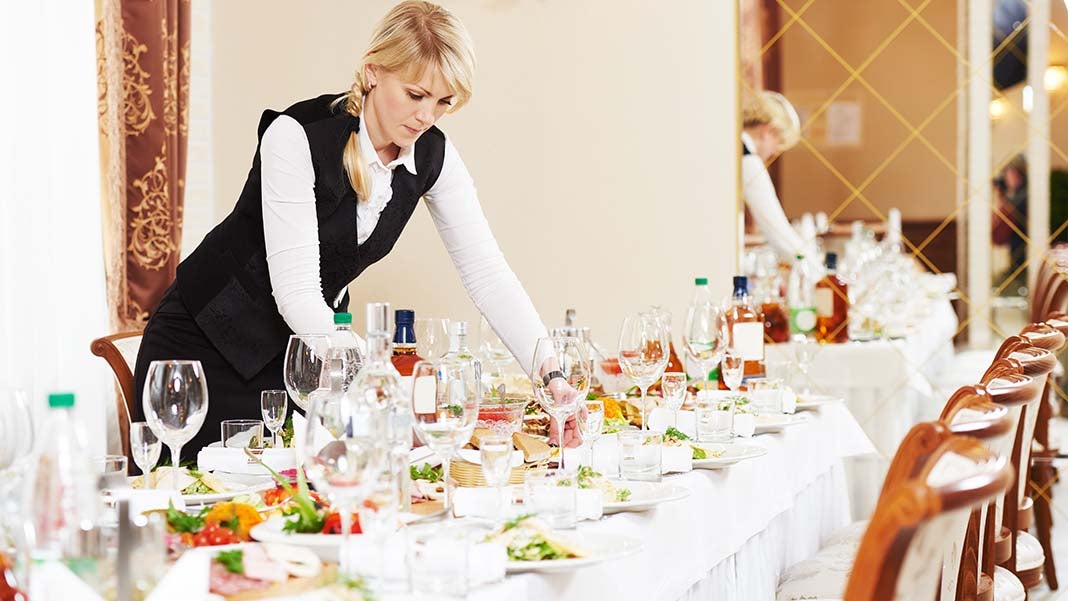A Recipe for Tax Savings: Deductions for Caterers
By: 1800Accountant

Do you make amazing lasagna? Can you craft a tasty chicken pot pie? Whatever you specialize in when it comes to culinary creations, there’s a good chance you are spending plenty of money on your ingredients and cooking supplies when preparing meals for others. The good news is that the IRS allows caterers to save some of their hard earned money through tax write-offs. These tax deductions for caterers will make your mouth water:
Cooking Supplies
High-quality cooking supplies that hold up over time are important to any successful catering business. But don’t fret too much about the prices of them since you can enjoy some tax savings after purchasing them. Any items you use to prepare food for your clients can be deducted as business expenses. These may include pots, pans, cutting boards, utensils, blenders, and ovens.
Food and Ingredients
Perhaps the biggest expense caterers incur falls under the category of actual food items and ingredients needed to prepare various dishes. If you bake homemade bread or apple pies, you’ll likely need flour, sugar, and butter. If your specialty is seafood, you may need fresh fish, spices, and breadcrumbs. All food items you obtain for your catering business via a local grocery store or food supplier are considered tax deductible business expenses.
Related Article: 5 Tax Deductions Small Businesses Shouldn’t Fear Taking
Eating Supplies for Your Clients
You just can’t provide a catered meal to a house party or small business office without including some eating supplies. In addition to the food you bring, be sure to offer silverware, spatulas, plates, napkins, and maybe even a table cloth and table decorations. This will add a little pizzazz to your arrangement. And, of course, not all locations are stocked with some of these necessities. Eating supplies in a catering business are deductible.
Transporting Items
Caterers need certain items to transport the food they deliver to their clients. These transporting items may include containers, platters, plates, bowls, cups, and other necessities. The transporting items a caterer uses depend on the types of food he or she is preparing. For example, if you provide soup or salad, you’d need different types of containers than if you serve pizza, chicken parmesan, or steak. The good news here is that all of these required items for a small business are fully deductible when filing taxes with the IRS.
Travel Expenses
Caterers almost always deliver their food by car. While gas, tolls, and vehicle maintenance can add up quickly, you can write off your travel expenses to get your food into the mouths of your clients. You can claim the standard mileage rate (57.5 cents per mile for 2015) or deduct actual expenses for these delivery trips. Just be sure to keep a mileage log or documentation of these expenses as you should when deducting all of your business expenses.
Kitchen Rental Space
You might simply use your home kitchen to prepare food in your catering company. But if you rent out kitchen space in a separate location, the fees you incur to use such an area for food preparation qualify as a tax write-off as well.












